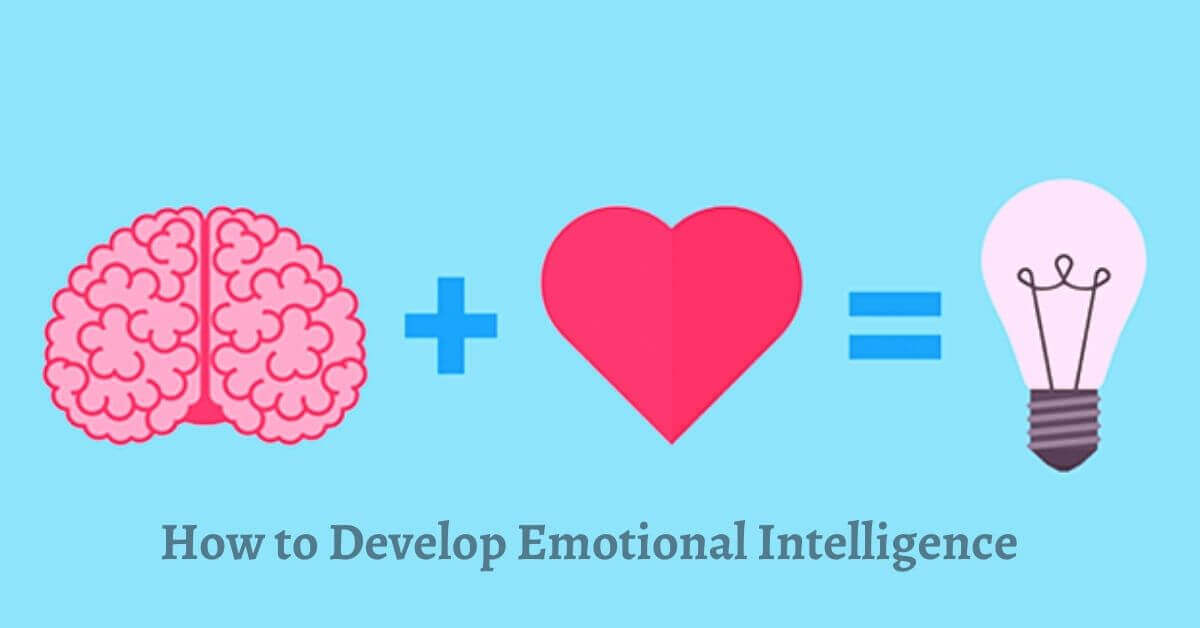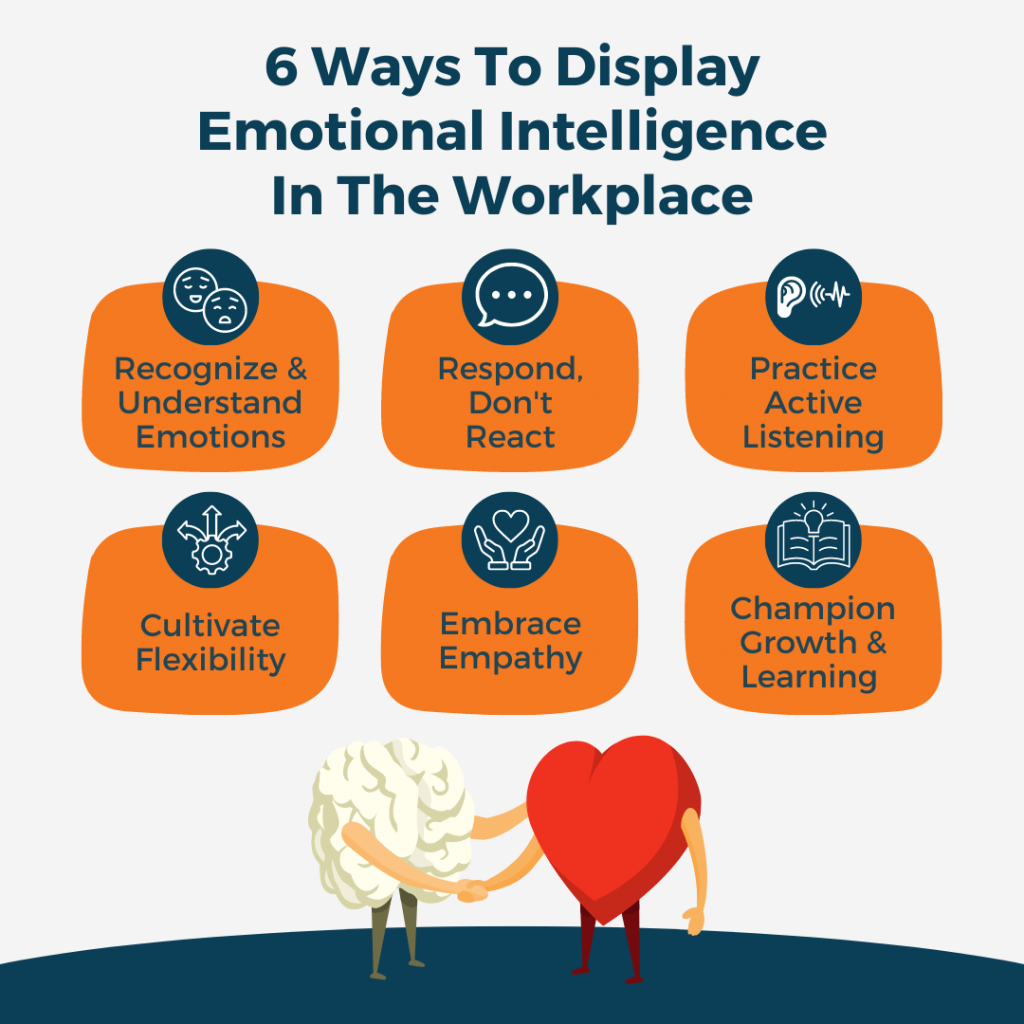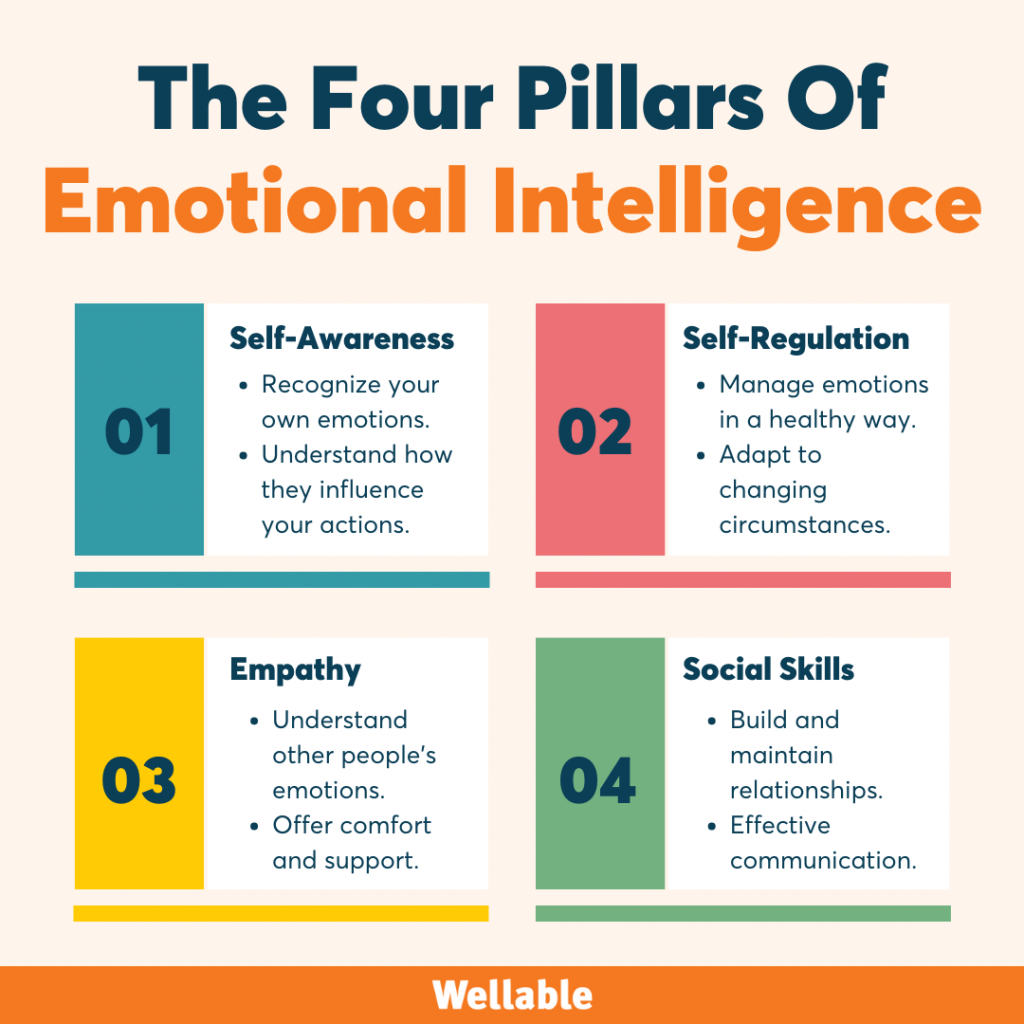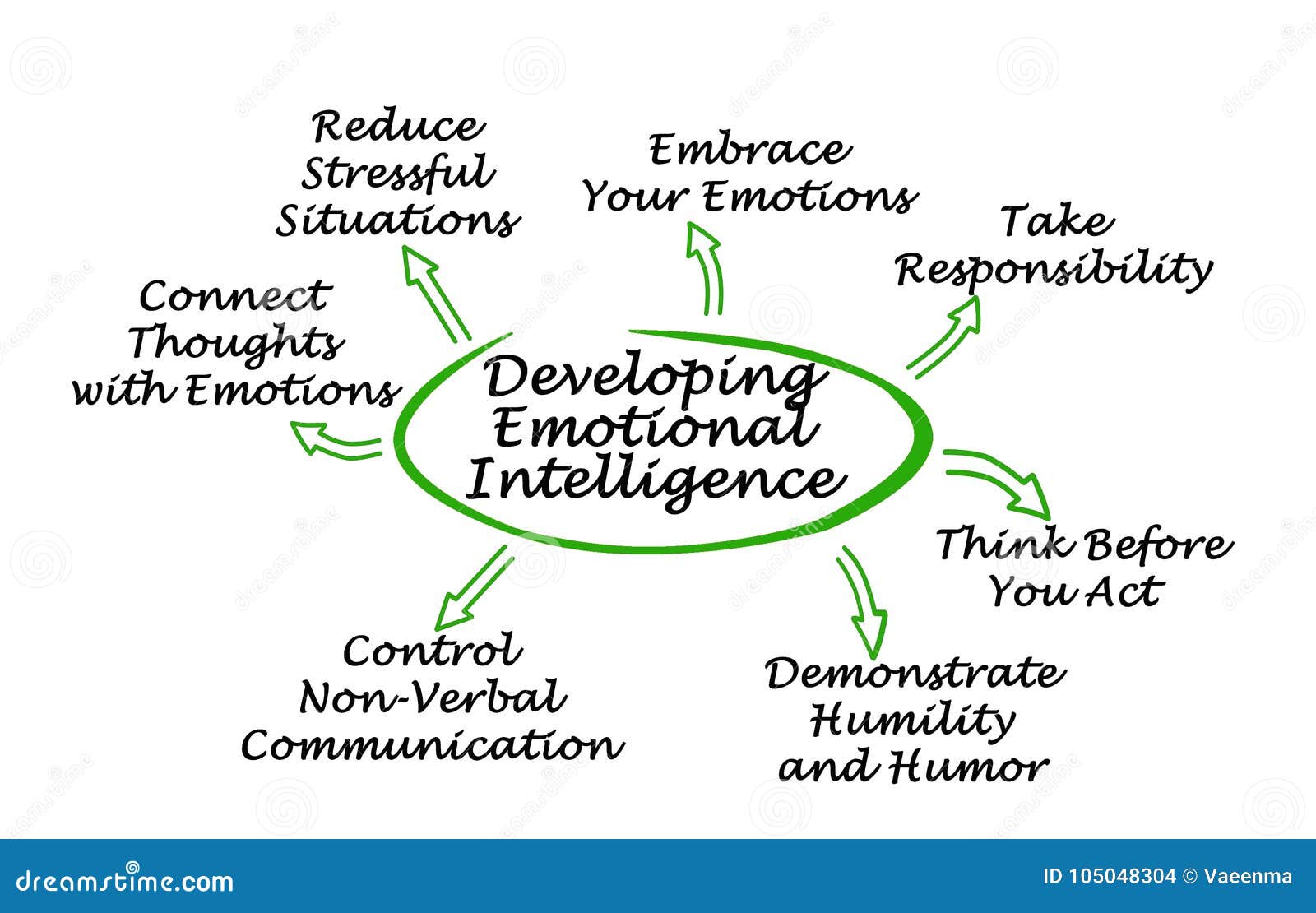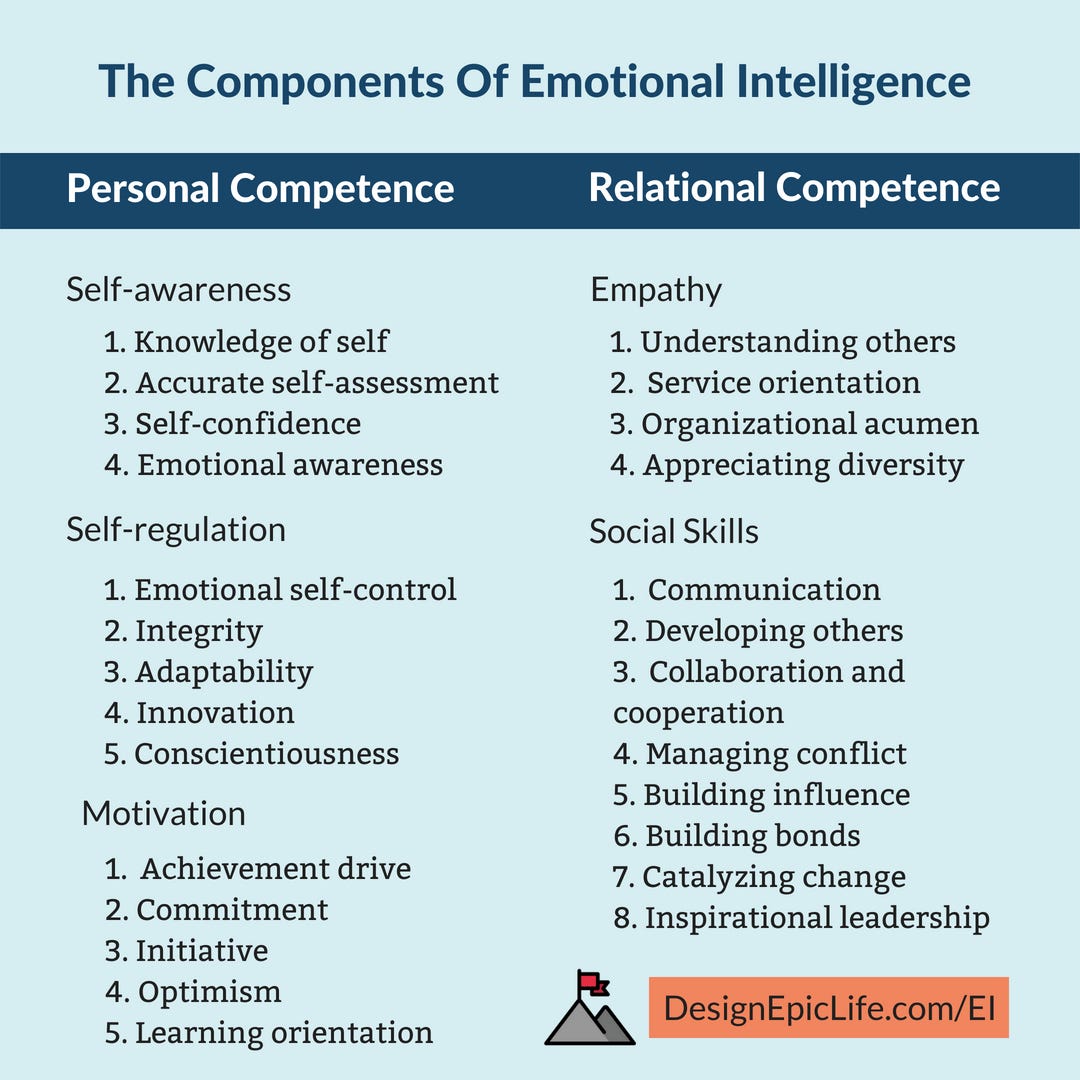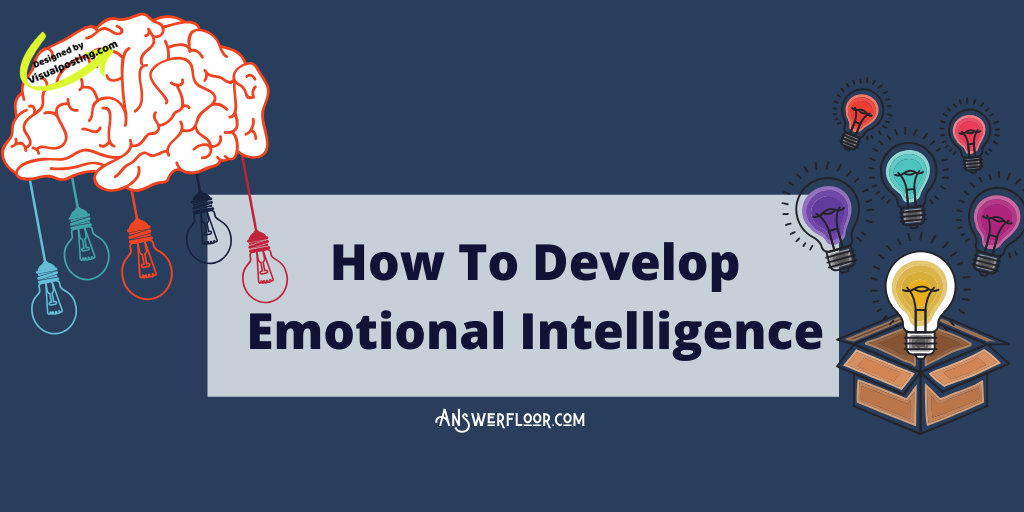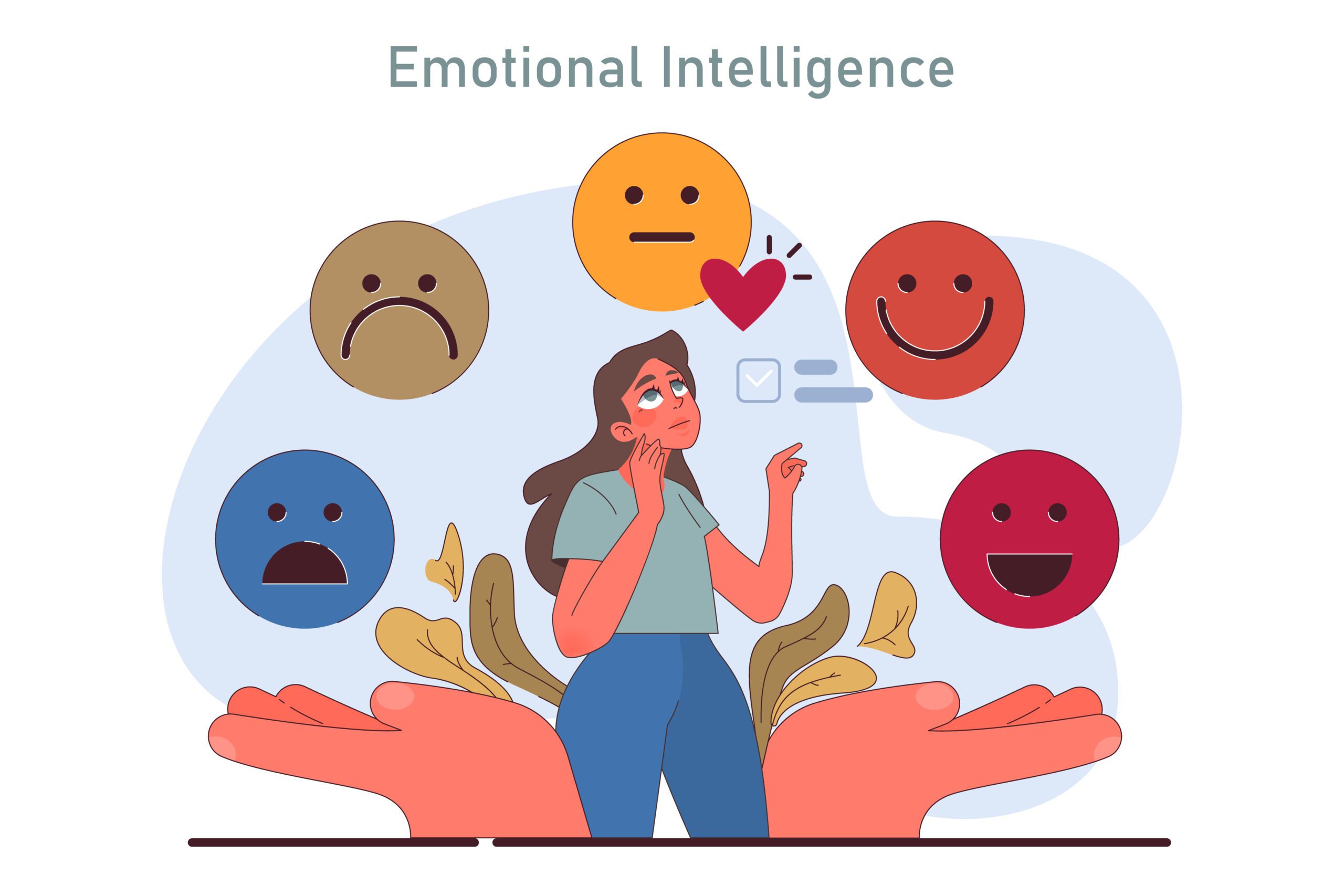How To Develop Emotional Intelligence In Others

Emotional Intelligence (EI) is no longer a 'nice-to-have'; it's a critical skill for success, and developing it in others is paramount. Untapped potential exists within your team, and fostering EI unlocks productivity, collaboration, and overall well-being.
This article provides actionable strategies, based on research and expert insights, to cultivate EI in your colleagues, employees, or even family members, driving immediate improvements in interpersonal dynamics and performance. Learn how to implement practical techniques to nurture empathy, self-awareness, and effective communication, creating a more emotionally intelligent environment.
Understanding the Foundation: Self-Awareness First
Before you can effectively develop EI in others, ensure you possess a strong foundation yourself. This involves understanding your own emotions, triggers, and how you impact those around you.
Actionable Step: Encourage Self-Reflection
Implement regular self-reflection exercises. Provide tools like journaling prompts, personality assessments (e.g., Myers-Briggs or Enneagram), and 360-degree feedback to help individuals identify their strengths and weaknesses.
Foster a safe space where individuals can openly discuss their emotions without fear of judgment. This process builds crucial self-awareness, a cornerstone of EI.
Building Empathy: Stepping into Others' Shoes
Empathy, the ability to understand and share the feelings of others, is a vital component of EI. Developing empathy helps build stronger relationships and improves conflict resolution.
Actionable Step: Active Listening Training
Conduct workshops focused on active listening techniques. Teach individuals how to pay attention, ask clarifying questions, and provide non-judgmental responses to truly understand another person's perspective.
Encourage role-playing scenarios where participants practice active listening in simulated challenging conversations. These sessions provides opportunity to build confidence and refine skills.
Mastering Emotional Regulation: Responding, Not Reacting
Emotional regulation involves managing and controlling one's emotions effectively. This skill prevents impulsive reactions and promotes thoughtful responses, crucial for maintaining composure under pressure.
Actionable Step: Implement Mindfulness Practices
Introduce mindfulness exercises, such as meditation or deep breathing, into the daily routine. Mindfulness helps individuals become more aware of their emotions in the present moment, allowing them to choose their response rather than reacting automatically.
Offer resources on stress management techniques, like time management and prioritization strategies, to help individuals cope with triggers and maintain emotional equilibrium. Stress has been proven to reduce emotional regulation abilities.
Enhancing Social Skills: Effective Communication and Collaboration
Strong social skills are essential for navigating interpersonal interactions effectively. This involves clear communication, conflict resolution, and the ability to build and maintain positive relationships.
Actionable Step: Facilitate Team-Building Activities
Organize team-building activities that promote collaboration and communication. These activities provide opportunities for individuals to practice working together, resolving conflicts, and building rapport in a low-stakes environment.
Provide training on effective communication techniques, such as non-violent communication, to help individuals express their needs and feelings clearly and respectfully. Data from a recent Harvard Business Review study showed a 70% increase in team performance with consistent application of non-violent communication practices.
Ongoing Development and Reinforcement
Developing EI is an ongoing process, not a one-time event. Consistent reinforcement and support are crucial for sustained growth and improvement.
Actionable Step: Provide Regular Feedback and Support
Offer regular feedback and coaching to individuals on their progress in developing EI. Provide specific examples of their behavior and offer suggestions for improvement.
Create a culture that values and rewards emotional intelligence. Recognize and celebrate individuals who demonstrate strong EI skills. The World Economic Forum consistently ranks emotional intelligence as a top skill for the future of work.
Continue to monitor progress and adapt your approach as needed. Track key performance indicators (KPIs) such as employee satisfaction, team performance, and conflict resolution rates to assess the impact of your EI development initiatives. The next steps involve a pilot program focused on leadership within the department, starting Q3 2024.
